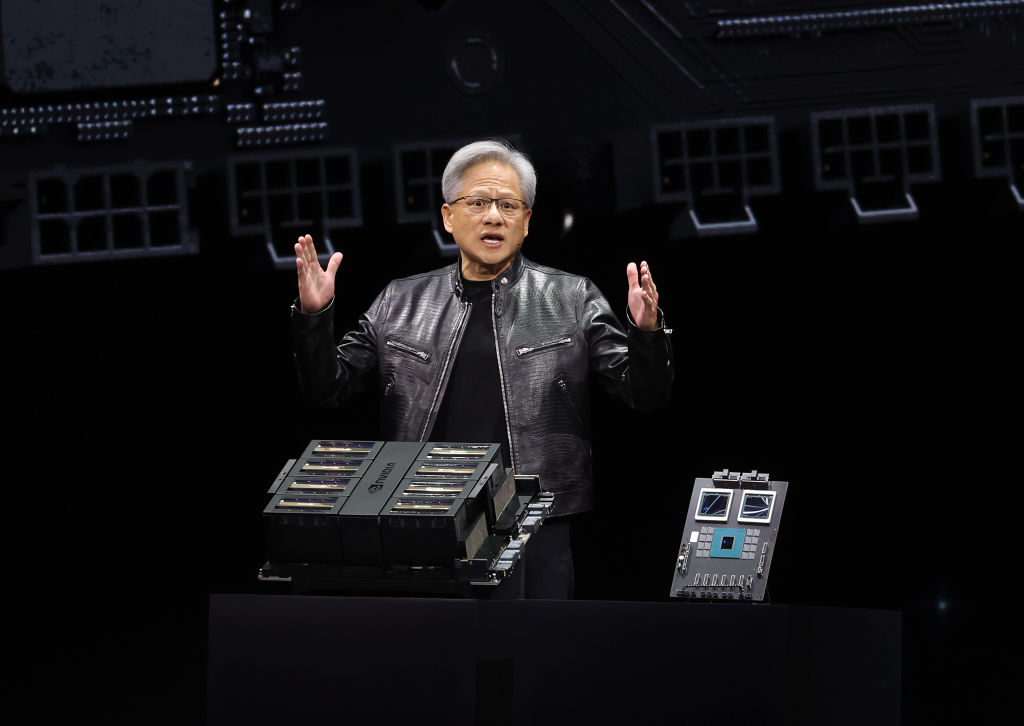Nvidia announced on Monday that it will begin offering its advanced chip interconnect technology, NVLink Fusion, to other companies. This technology is designed to enhance chip-to-chip communication, a critical component in building and deploying artificial intelligence (AI) systems.
The new version of NVLink, called NVLink Fusion, enables multiple chips to work together efficiently in custom-built AI hardware systems. Companies such as Marvell Technology and MediaTek have already committed to integrating NVLink Fusion into their custom chip development efforts.
Originally developed years ago, Nvidia’s NVLink facilitates high-speed data exchange between chips. It is currently used in Nvidia’s powerful GB200 system, which combines two Blackwell GPUs with a Grace CPU.
Nvidia CEO Jensen Huang introduced the new technology during his keynote address at the Taipei Music Center, the venue for Computex, one of the world’s largest technology trade shows, taking place from May 20 to 23.
During the event, Huang also revealed plans for a new Nvidia headquarters in Taiwan, to be located in the northern suburbs of Taipei.
In his speech, Huang reflected on Nvidia’s evolution. “There was a time when 90% of my presentations focused on graphics chips,” he noted. Today, however, Nvidia has expanded well beyond its roots in gaming hardware to become a dominant force in AI chip development, especially since the surge in demand driven by tools like ChatGPT, launched in 2022.
As previously reported by Reuters, Nvidia has also been working on designing CPUs compatible with Microsoft’s Windows operating system, using architecture licensed from Arm Holdings (O9Ty.F).
Last year’s Computex saw an enthusiastic reception for Huang, dubbed “Jensanity” by local media, reflecting his rockstar status in the tech community.
At Nvidia’s annual developer conference in March, Huang detailed the company’s vision for transitioning from building large-scale AI models to supporting AI-driven applications. He introduced several next-generation AI chips, including the Blackwell Ultra, which is expected to launch later this year.
Looking ahead, Nvidia’s roadmap includes the Rubin chip series, which will be followed by the Feynman processors, set to arrive in 2028.
Nvidia also announced a desktop version of its AI system, called DGX Spark, aimed at AI researchers. On Monday, Huang stated that the system is in full production and will be available within a few weeks.
Computex, which is expected to feature 1,400 exhibitors, marks the first major gathering of computer and chip industry leaders in Asia since the United States considered sweeping tariffs to encourage domestic production.
REUTERS














